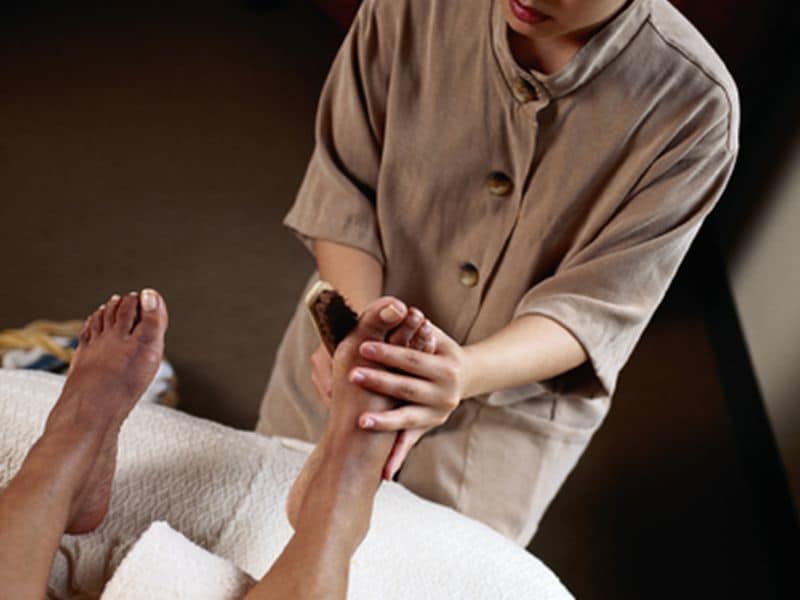
A Cesarean section is major surgery, and it’s normal to be tired and have pain and discomfort after the procedure, the Mayo Clinic says. Mayo offers this advice about recovery after a C-section: Rest as often as you can. Avoid lifting anything heavier than your newborn. Take pain medication as needed and use a heating… read on >
















